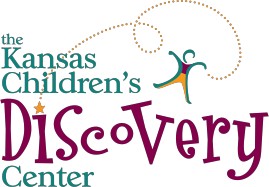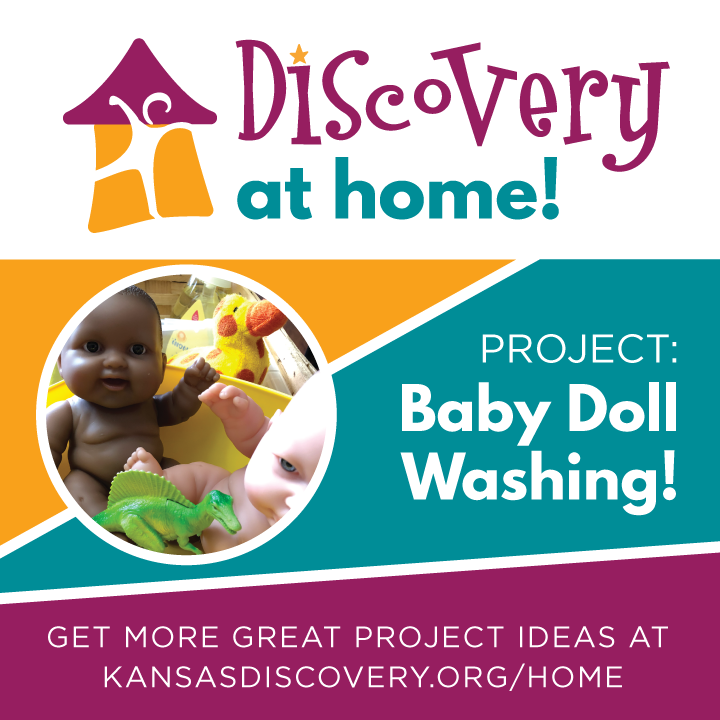Materials Needed:
- Tub or container that will hold water
- Water
- Towels
- Sponge or washcloth
- Shampoo or soap
- Something to bathe! If you don’t have a baby, bring your dinosaur or plastic pet pig. Just make sure it is washable!
- Optional: bath toys, bib or apron, Q-tips, baby powder, blanket, baby clothes, diaper or square of material to make a diaper, clothesline or place to hang wet things.
Directions:
- Find a place to set up your bath area that you won’t mind getting wet.
- Assemble your materials within reach.
- Make sure the bath water is not too hot and not too cold!
- Put the baby (or washable toy) into the soapy water and gently begin to clean and care for your baby!
- Talk to your baby and play. Gently hold and support your baby's neck..If you happen to have a dinosaur in the water, don’t let it bite you. They can be very naughty.
How can I expand the activity?
- Is the baby hungry? Is he or she irritable? Is it nap time? Play time? Make conversation and model proper care, feeding, burping, diapering and play. Role play with your child. How can you tell what your baby needs? How do you fold a diaper? How do you test the temperature of the bath water?
- Read to your baby. Swaddle your baby and together do household chores or teach your baby something new.
- If you happen to be washing an animal, show the same care and regard for your “pet”. If the car needs a good cleaning, does it need to be dried? Shined? Does it need a fill up? How do we take care of things versus beings (people or animals)?
What kids learn:
- Your child learns important social skills from your time together! Tone of voice, word choice, volume and proximity are important people skills that they will use daily. Sharing your knowledge and family traditions teaches interconnectedness, family pride and confidence in themselves and their abilities. They may teach you a thing or two about themselves as well!
- Personal hygiene and the taking responsibility for the care of others and our belongings is hands-on and timely.
- Sensory play! Sensory play that lets children touch, squeeze, smell and feel helps build connections in the brain.

